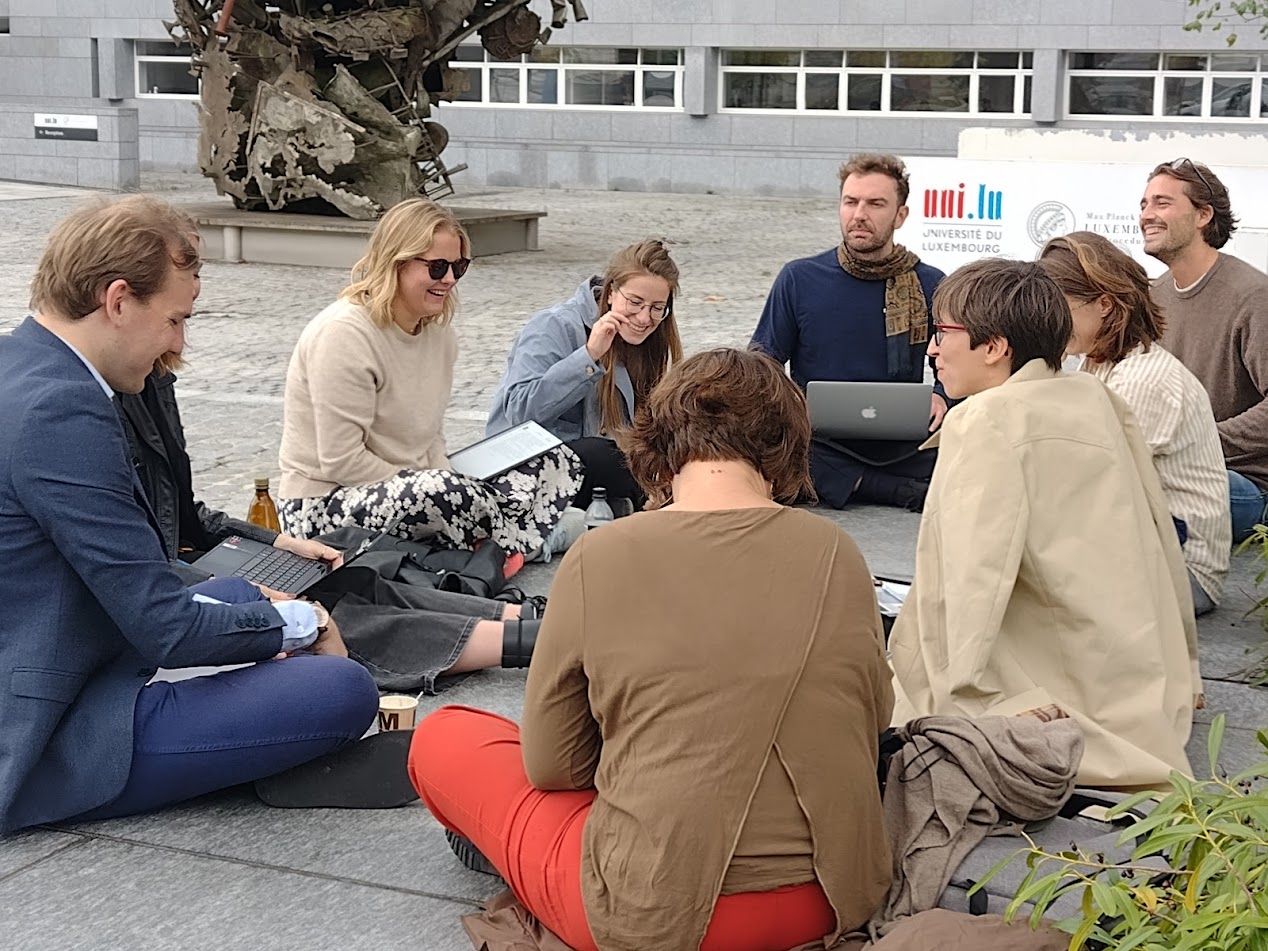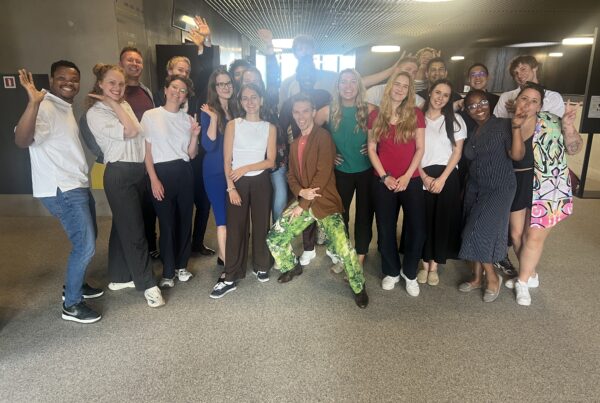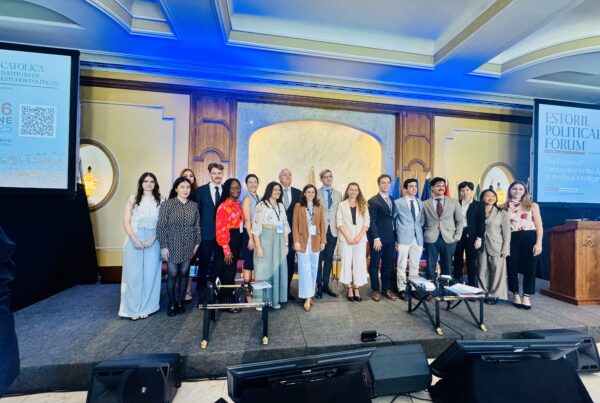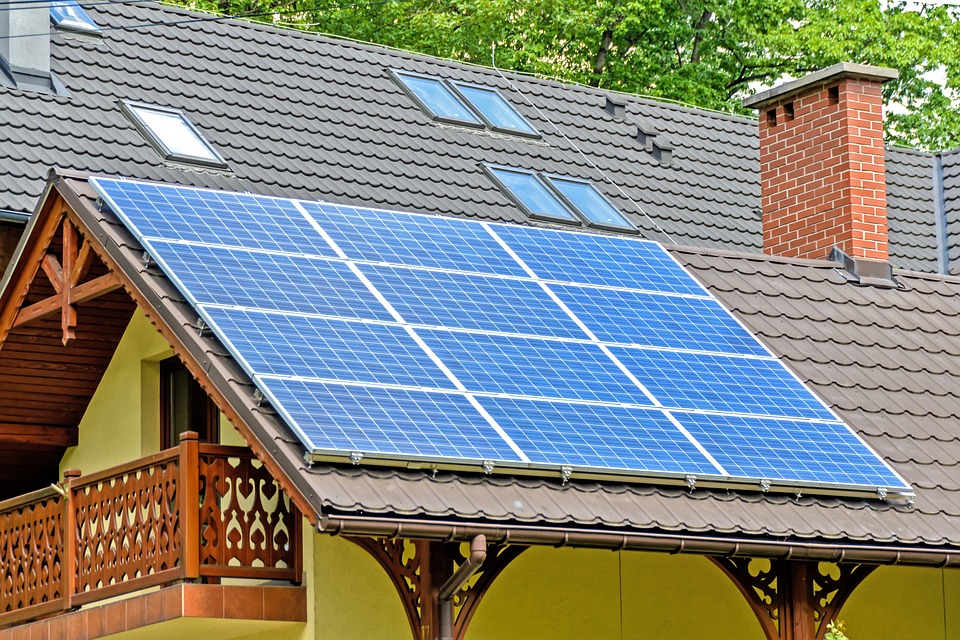
How do we fight the climate crisis? Cut the cost of electricity bills? Strengthen the social development and autonomy of local communities?
These are the questions at the heart of our group project for the Europaeum Scholars Programme. Engaging citizens in the energy transition has never been more pressing, with the energy crisis brought by Russia’s aggression on Ukraine and a recent expert report by the Intergovernmental Panel on Climate Change finding that it is ‘now or never’ for the world to stave off climate disaster. Empowering local communities in the process can also ensure that the shift to renewables reduce, rather than enhance, social inequities.
‘Renewable Energy Communities’ are an essential part of the energy transition. These local entities lead renewable energy projects that bring about environmental, economic, and social change in Europe. The EU and its Member States have set up a legal framework that enables citizens to install solar PVs, wind turbines, and other renewables and utilise, as well as sell, the clean energy produced. From a hydroelectric cooperative in rural Italy to solar PVs across Prague City Hall departments, there are dozens of success stories of energy communities across Europe.
Last May, the EU and its Member States therefore committed to establishing one renewable energy community in every city with a population of over 10,000 people by 2025. This is a tall order, considering that only about 4% of Europeans are estimated to be engaged in one at present. Moreover, EU citizens developing these communities still face significant legal, financial, and technical challenges. Our project therefore aims to help resolve these challenges, particularly in filling the legal, implementation, and information gaps related to renewable energy communities across Member States.
Various initiatives are currently underway to help energy communities. These include the Energy Communities Repository and the Rural Energy Community Advisory Hub, which will soon provide technical assistance, free of charge, to citizens wishing to develop energy communities in urban and rural areas, respectively.
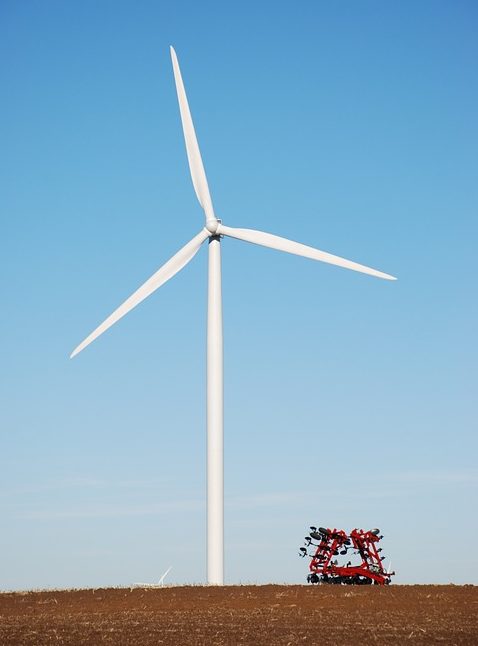
Any European citizens interested in developing an energy community who would like to benefit from this free technical assistance have until 31 December 2022 to submit their application, whether they live in urban areas or rural areas. It should not take longer than 20 minutes to fill in.
Alongside these initiatives, our group project currently focuses on the additional challenges that rural energy communities face compared to those in large cities, ranging from the lack of access to relevant information, to the absence of site-specific energy projects that also benefit agricultural practices. As we prepare our policy recommendation, our motivating force will remain to promote a greener, fairer, and, ultimately, more united union.
The group winds up their productive discussions at the end of our Scholars’ module in Luxembourg
